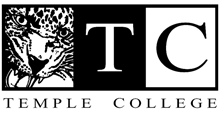MLA Style Guidelines and Formatting:
We will use MLA Style Guidelines for formatting of your assignments and for documentation and research.
One of the required texts for this course is the
MLA Handbook, and that you will acquire and demonstrate significant skills in research and documentation is critically
important to the grades you can earn in this course.
It is also very important that you work with
"Lecture 2: Formatting and Academic Prose: Read This Before Turning in Any Work," for the
duration of the semester. Papers that negotiate MLA skills poorly will receive
lower grades.
Research—Outside Sources are Required—Attributions:
Paying Attributions to Sources:

